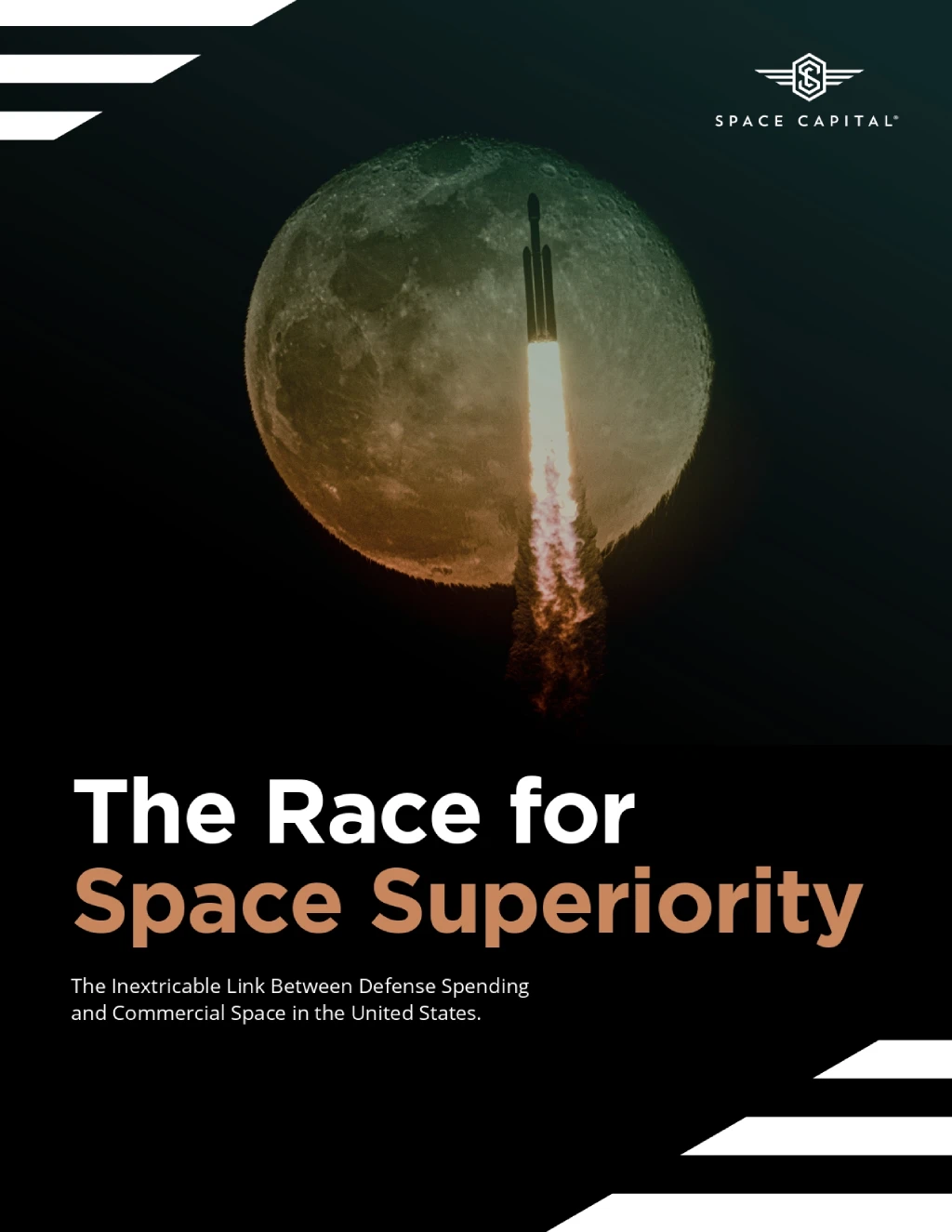.avif)
The Race for Space Superiority
The "Race for Space Superiority Report" highlights the strategic importance of space for U.S. national security and technological advancement, emphasizing public-private partnerships and addressing global competition.

.avif)
The "Race for Space Superiority Report" highlights the strategic importance of space for U.S. national security and technological advancement, emphasizing public-private partnerships and addressing global competition.

This concept has evolved with technological advancements; what once was a literal hill transformed into dominating the skies with aviation in the 20th century. Today, the vast expanse of space represents the new high ground – a domain of unparalleled strategic importance for national security and global influence. This race for space superiority is a distinct chapter, marked by both technological complexity and profound global implications. This report explores how the pursuit of space as the ultimate high ground is reshaping national security capabilities and provides a practical guide to navigate the current investment landscape.
Since the United States first endeavored into space, the need for technological advancements has driven a symbiotic relationship between the defense industry and the government. This interplay has shaped the trajectory of space exploration and life here on Earth, influencing the nation’s economic, scientific and industrial landscapes. As the US Air Force Secretary, Frank Kendall put it, space is “the great enabler”. This report explores the radical transformation space has had on US Defense capabilities, rising global competition for space superiority and the investment opportunities resulting from a new space race. It’s important to note that while private industry and defense are inextricably linked, we do not believe that space has yet become militarized, despite global powers mobilizing resources towards that end. Rather, we focus on the specific defense priorities to architect a more resilient and agile space domain relying on commercial space services to ensure space superiority.
The defense industry has been a major financial and technological contributor to the development of space economy technologies. Defense has also relied heavily on capabilities from space technologies to support national interests. As Space Capital Operating Partner, Tom Whayne put it: “Working with the U.S. government as a customer allows business leaders to be part of the conversation. Otherwise, you’re going to be left on the outside, not just in terms of money, but also technology transfer”2. The rise of the modern space economy — blending private commercial and public missions — underpinned by modern technological advancements, has set the stage for space’s strategic role in defense. Space-based capabilities are integral to modern military operations, offering unparalleled advantages in communication, navigation, targeting and surveillance. Global defense spending in space has increased in the US, Poland, Australia, Japan, China, Russia and elsewhere, underscoring the pivotal role of space in national security. However, the US faces significant competition, notably from China, in space technology development, which has profound implications for national security and economic transformation.
The intersection of the space economy and defense is a dynamic and critical domain, presenting unparalleled opportunities for technological advancement, economic growth and national security.
The Race for Space Superiority
